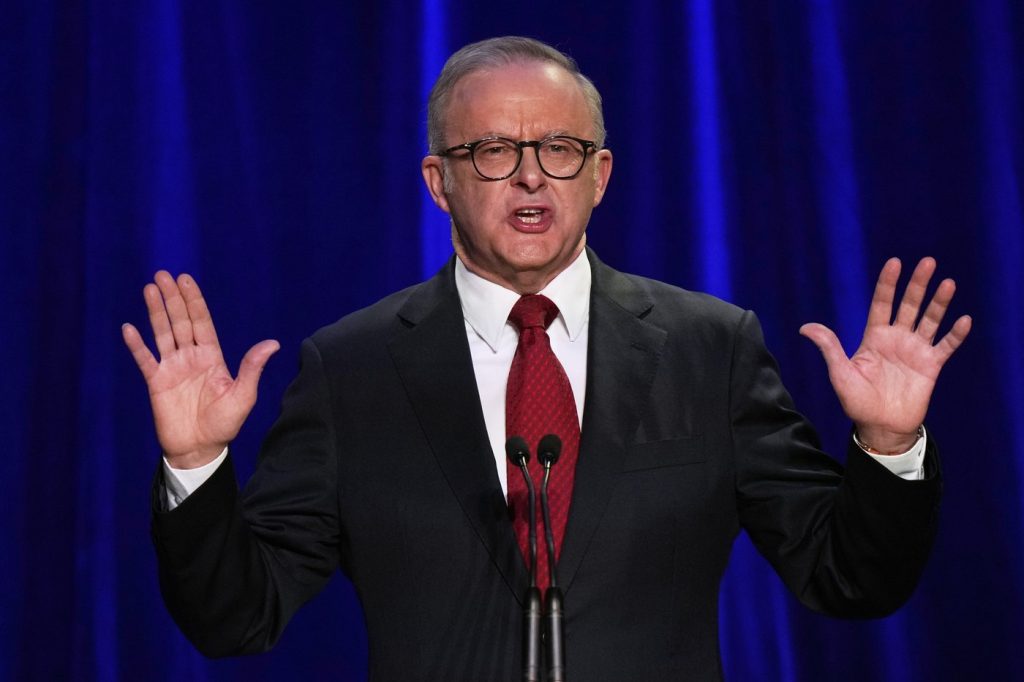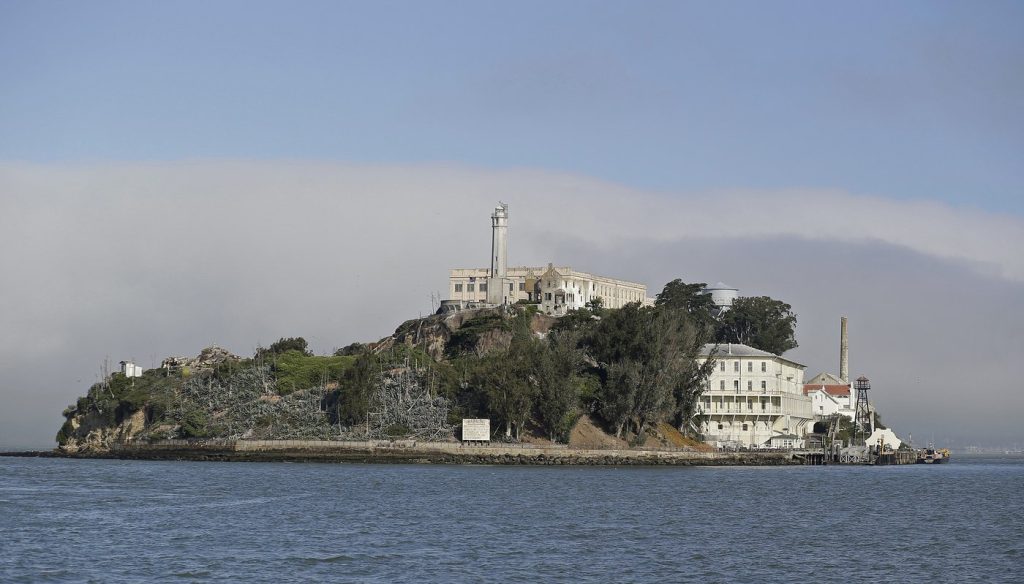MELBOURNE, Australia (AP) — Anthony Albanese has made history by being the first Australian prime minister in 21 years to secure a second consecutive term. He declared his victory on Saturday, suggesting that his government achieved a greater majority by not emulating U.S. President Donald Trump's administration.
In his victory speech delivered in Sydney, Albanese stated, “Australians have chosen to face global challenges the Australian way, looking after each other while building for the future.” He emphasized that Australia does not need to “beg or borrow or copy from anywhere else,” asserting that the country draws its inspiration from its values and its people.
Albanese's center-left Labor Party had previously labeled Peter Dutton, the opposition leader, as “DOGE-y Dutton,” accusing the conservative Liberal Party of mirroring Trump and his governance strategies. Dutton conceded the election, confirming that his coalition had lost and that he himself had been defeated in his parliamentary seat, which he had held for 24 years.
Dutton’s defeat mirrors the situation of Pierre Poilievre, Canada's opposition leader, who also lost his seat under similar circumstances influenced by Trump’s economic policies. Notably, analysts have noted that conservative parties in Australia found that their association with Trump shifted from being a political asset to a liability after Trump implemented global tariffs.
A minor party called Trumpet of Patriots, inspired by Trump’s policies and funded by mining magnate Clive Palmer, failed to garner substantial support, taking only 2% of the vote. Zareh Ghazarian, a lecturer in politics at Monash University, commented on the significance of the “DOGE-y Dutton” label, expressing uncertainty about its direct impact on the election outcome but acknowledging that it was a significant win for Labor and a significant loss for the Liberal Party.
U.S. Secretary of State Marco Rubio extended congratulations to Albanese on his re-election, underscoring the valued alliance between the U.S. and Australia and the importance of shared democratic traditions. British Prime Minister Keir Starmer, sharing similar center-left sentiments, praised Albanese and highlighted the long-standing friendship between the two nations, focusing on collaboration in trade, investment, and energy.
The Labor Party held a narrow majority of 78 seats in the 151-seat House of Representatives. Traditionally, Australian governments are re-elected for at least a second term but typically lose some seats along the way. However, Labor appears poised to expand its majority in this second term.
Cost of living issues, particularly rising energy prices and inflation, were central themes in the campaign, with both parties recognizing that Australia is facing a crisis in living expenses. The Liberal Party attributed the inflation to government inefficiencies and pledged to eliminate more than 20% of public service jobs to reduce government spending.
Both parties agreed on the goal of achieving net-zero greenhouse gas emissions by 2050, but Dutton advocated for nuclear power as a cheaper energy alternative over renewable sources like solar and wind. Labor countered by arguing that Dutton's approach would lead to cuts in essential services to finance the construction of nuclear generators, given that Australia currently has no nuclear energy infrastructure in place.
Senator Jacinta Nampijnpa Price of the opposition was slated to cut 41,000 public service jobs as part of Dutton's administration plan, drawing media attention for her comments suggesting her government would “make Australia great again.” Despite the phrase echoing Trump’s campaign slogan, Price dismissed any deliberate connection, stating that the focus should be on Australian governance rather than Trump’s leadership.
The election transpired against a backdrop of severe cost-of-living issues, with Foodbank Australia reporting that 3.4 million households—out of a population of 27 million—faced food insecurity in the previous year, leading many to skip meals or worry about affording food. The central bank had reduced its benchmark cash interest rate to 4.1%, indicating a shift in economic measures to alleviate financial strains, particularly amidst the international uncertainties spurred by Trump’s tariff frameworks.












